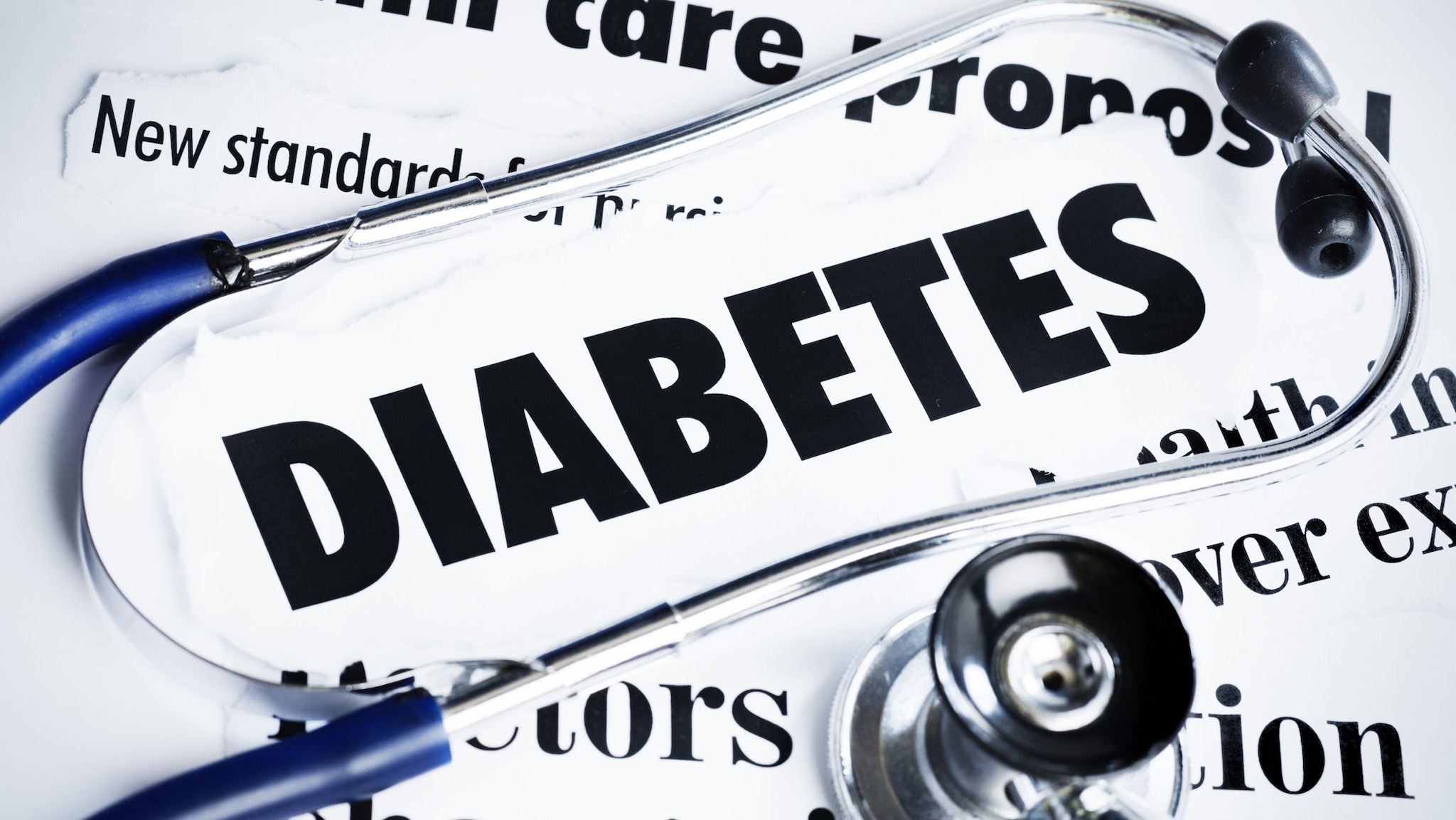Shop At Haya: Your Ultimate Shopping Guide
Discover the best shopping tips, trends, and deals for a smarter buying experience.
Sugar Rush or Crash? What You Need to Know About Diabetes
Discover the truth behind sugar highs and lows! Learn how to manage diabetes and boost your health in our eye-opening blog.
Understanding Blood Sugar Levels: What They Mean for Diabetes
Understanding blood sugar levels is crucial for managing diabetes effectively. Blood sugar, or glucose, is the main sugar found in your blood and is a key source of energy for your body. When you eat, your body breaks down carbohydrates into glucose, which then enters your bloodstream. For individuals with diabetes, maintaining normal blood sugar levels is vital to prevent complications such as nerve damage, kidney disease, and cardiovascular issues. Regular monitoring can help you understand your body’s responses to different foods, activity levels, and stress.
Blood sugar levels can vary throughout the day based on numerous factors, including diet and physical activity. Generally, normal blood sugar levels are considered to be around 70-130 mg/dL before meals and less than 180 mg/dL 1-2 hours after eating. To manage diabetes effectively, patients can benefit from:
- Regularly testing blood sugar levels using a glucose meter
- Keeping a food diary to track carbohydrate intake
- Consulting healthcare professionals for personalized advice

The Sweet Truth About Carbohydrates: How They Affect Your Body
Carbohydrates are often misunderstood, yet they play a crucial role in our body's overall functioning. As one of the three macronutrients—alongside proteins and fats—carbohydrates are our body's primary source of energy. When we consume carbs, our body breaks them down into glucose, which is essential for fueling our brain, muscles, and tissues. It's important to distinguish between different types of carbohydrates; simple carbohydrates, found in sugary snacks and beverages, can lead to energy spikes followed by crashes, while complex carbohydrates, found in whole grains and legumes, provide a more sustained energy release.
Moreover, incorporating the right type of carbohydrates in your diet can have significant health benefits. For instance, foods high in fiber, such as fruits, vegetables, and whole grains, can aid in digestion and help maintain a healthy weight. They can also play a role in reducing the risk of chronic diseases like heart disease and diabetes. Remember, the key lies in moderation and making conscious choices—opting for nutrient-dense carbohydrate sources can help you harness their power without the downsides.
Are You Experiencing a Sugar Crash? Signs and Solutions
Are you experiencing a sugar crash? This phenomenon often occurs after consuming high amounts of sugar, leading to a rapid spike in blood sugar levels followed by a sudden drop. Common signs of a sugar crash include feelings of fatigue, irritability, headaches, and difficulty concentrating. You might also notice cravings for more sugary foods or an overwhelming sense of lethargy that makes it hard to carry out daily activities.
If you're looking for solutions to mitigate the effects of a sugar crash, consider incorporating more complex carbohydrates and fiber into your diet. Foods like whole grains, fruits, and vegetables can help stabilize your blood sugar levels and provide sustained energy. Staying hydrated and engaging in light physical activity can also alleviate the symptoms. Additionally, practicing mindful eating can help you maintain balanced energy levels throughout the day.